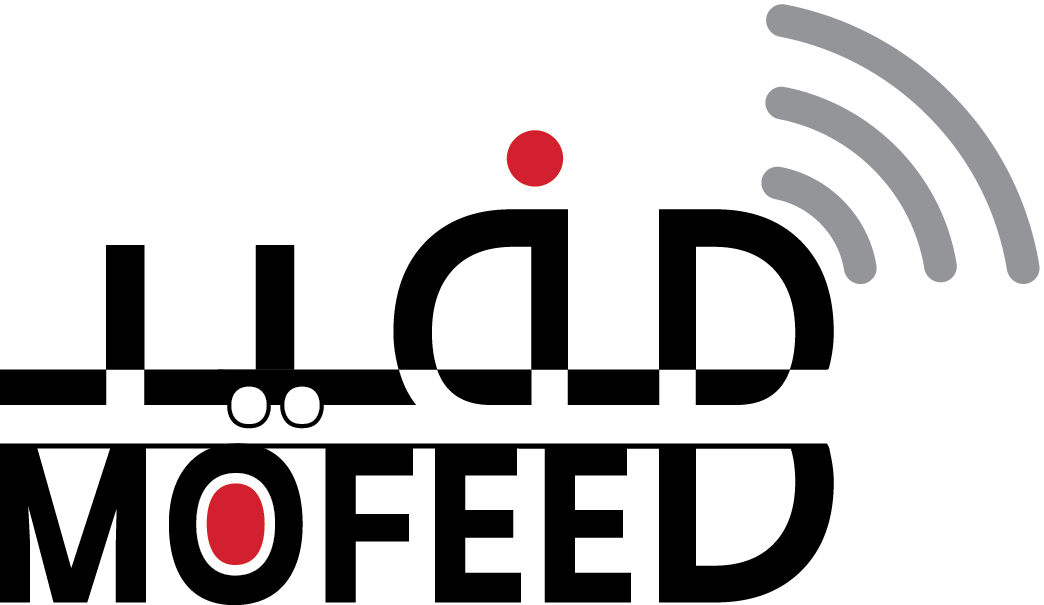Population’s Behavior toward COVID-19 Safety Measures: Evidence from Algeria, Morocco, and Tunisia
Agence Française de Développement This article captures the public’s behavior toward COVID-19 safety measures in each of Algeria, Morocco, and Tunisia. In all these countries, the article found that women are those who mostly observe the safety measures. Article
Read More